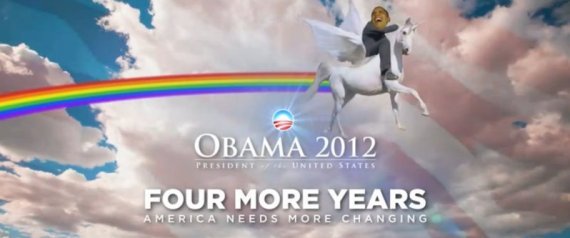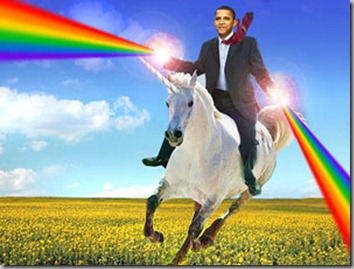[FONT=Arial, Helvetica, sans-serif]A documentary must show both sides, but a fictional movie can distort truth and vilify one side, as is done in PK.[/FONT]
[FONT=Arial, Helvetica, sans-serif]Documentary: Textures of Loss[/FONT]
"The documentary features interviews of people who lost their kin because of the conflict and violence in Kashmir. Some of them condemned the country and the Army, while others spoke about jihad.
"On Monday, a bench of Justices Vikramjit Sen and C Nagappan asked, “Why is it one-sided? Where is the alternate picture? We don’t know why it has become fashionable and a question of human rights to talk about one side of a story. Rights are always conferred on two parties and not only on one of them… this is what is happening with activists.”
“If you have not taken the view of the other side, then it becomes the views of the producer or director. It is not the people’s view as you want to project it. Which people are you talking about when you haven’t spoken to others? When a filmmaker goes on to show only his point of view, it remains his view,” said the bench. “Criticising one view and exalting others… or if not exalting, understanding one view and not even trying to understand others may not be right. You cannot have a one-sided view of a story,” it added.
http://indianexpress.com/article/india/india-others/sc-asks-kashmir-documentary-filmmaker-is-it-fashionable-to-make-one-sided-movies/
[FONT=Arial, Helvetica, sans-serif]Documentary: Textures of Loss[/FONT]
"The documentary features interviews of people who lost their kin because of the conflict and violence in Kashmir. Some of them condemned the country and the Army, while others spoke about jihad.
"On Monday, a bench of Justices Vikramjit Sen and C Nagappan asked, “Why is it one-sided? Where is the alternate picture? We don’t know why it has become fashionable and a question of human rights to talk about one side of a story. Rights are always conferred on two parties and not only on one of them… this is what is happening with activists.”
“If you have not taken the view of the other side, then it becomes the views of the producer or director. It is not the people’s view as you want to project it. Which people are you talking about when you haven’t spoken to others? When a filmmaker goes on to show only his point of view, it remains his view,” said the bench. “Criticising one view and exalting others… or if not exalting, understanding one view and not even trying to understand others may not be right. You cannot have a one-sided view of a story,” it added.
http://indianexpress.com/article/india/india-others/sc-asks-kashmir-documentary-filmmaker-is-it-fashionable-to-make-one-sided-movies/


